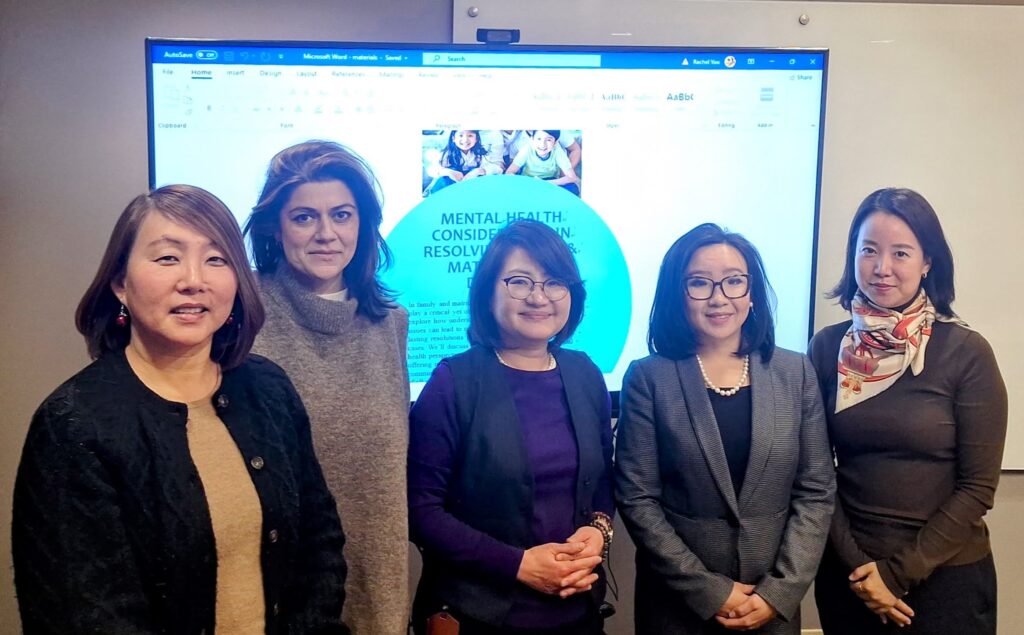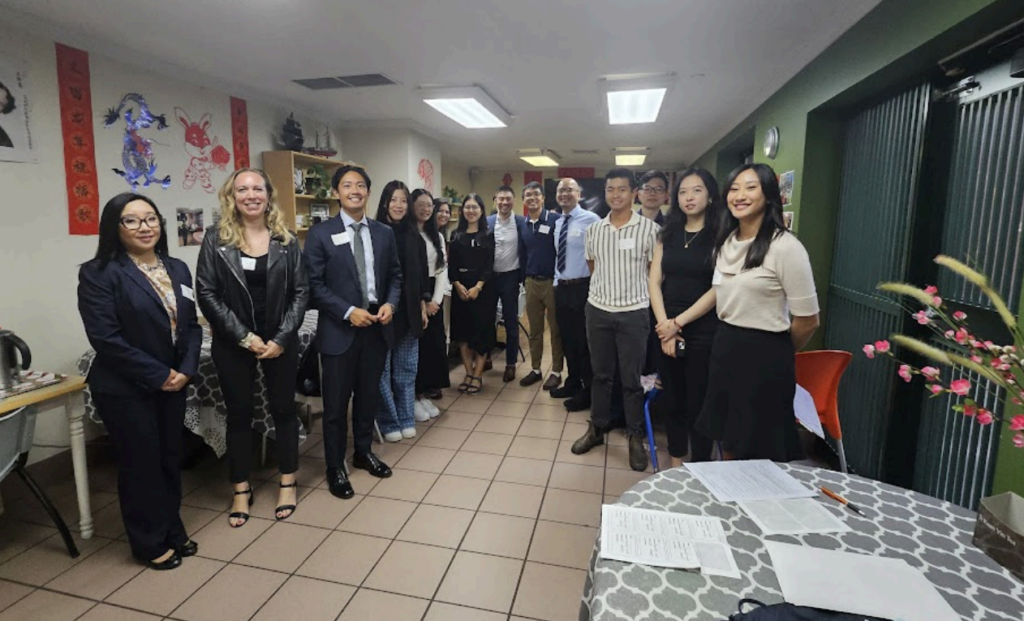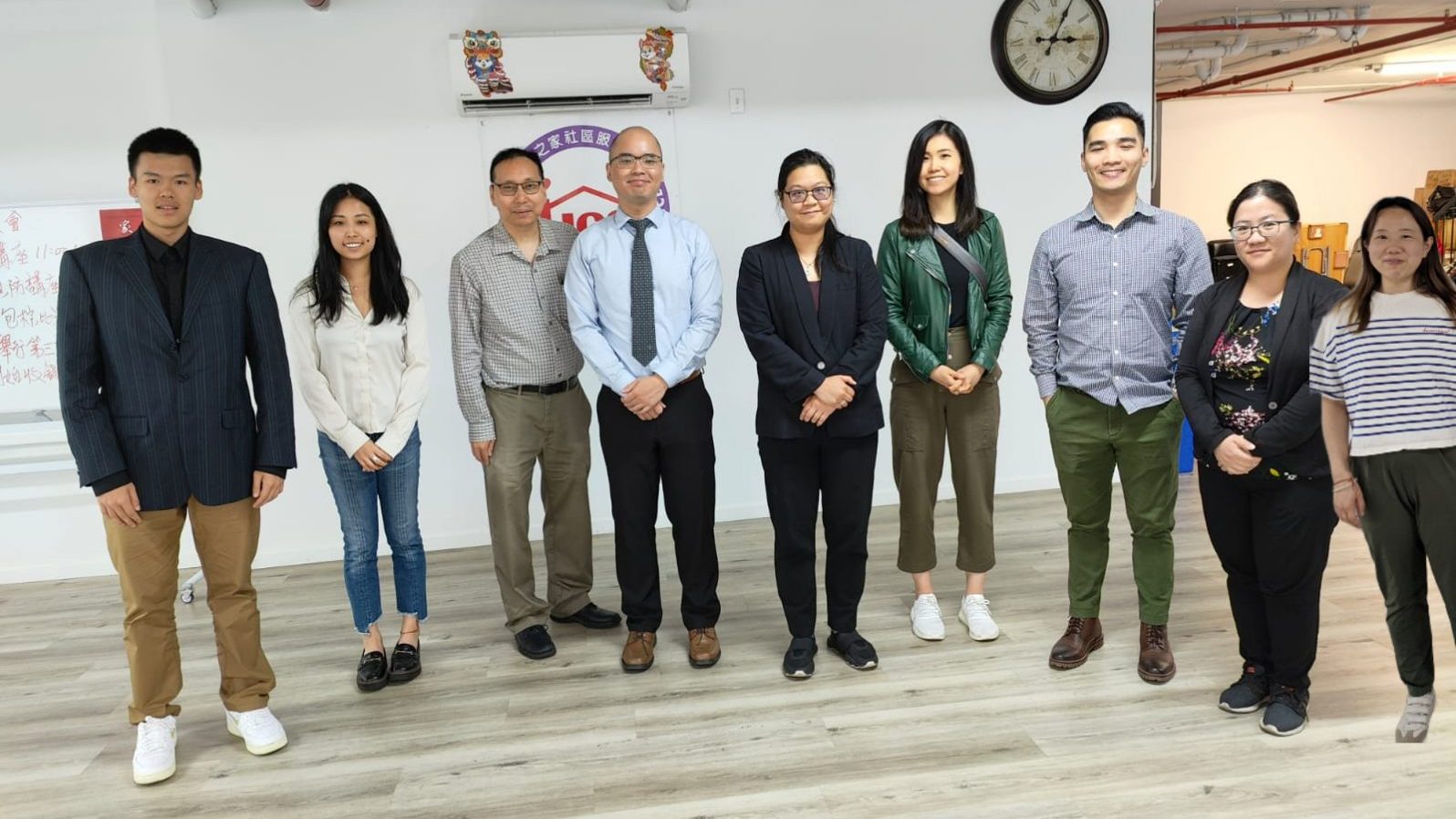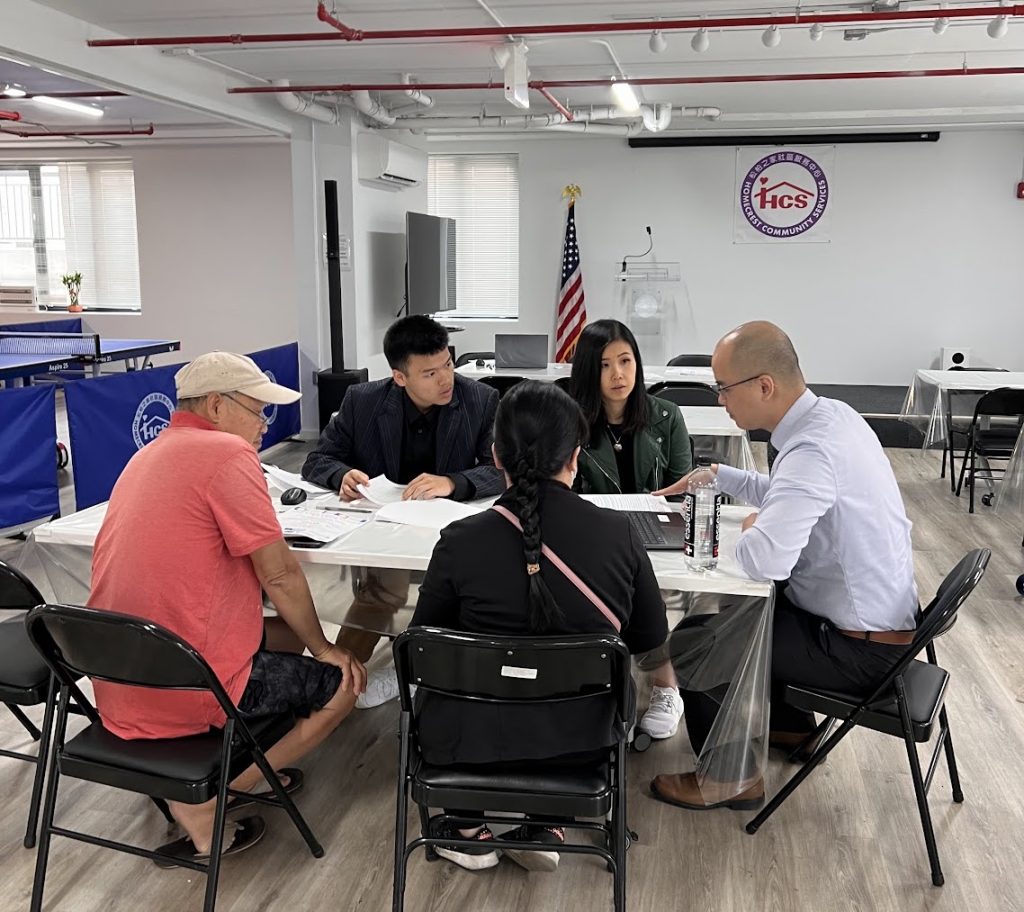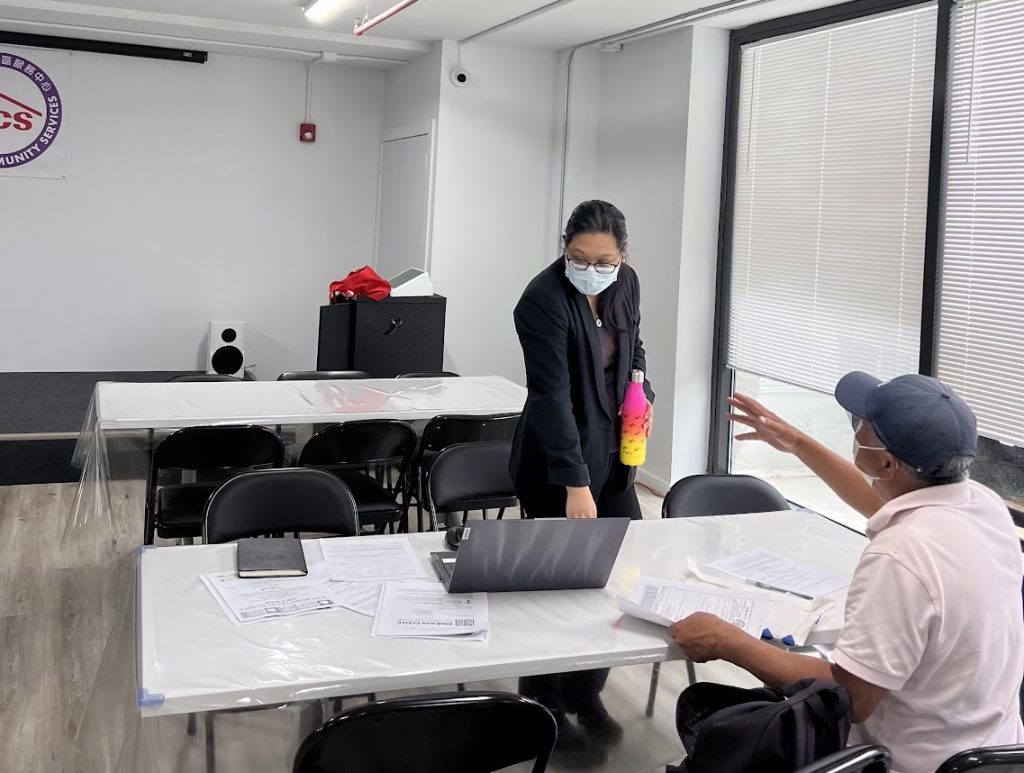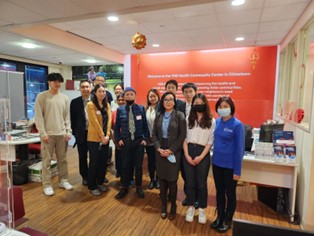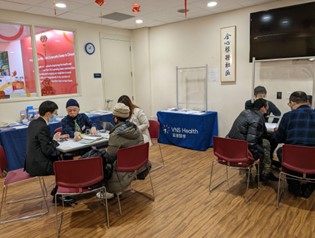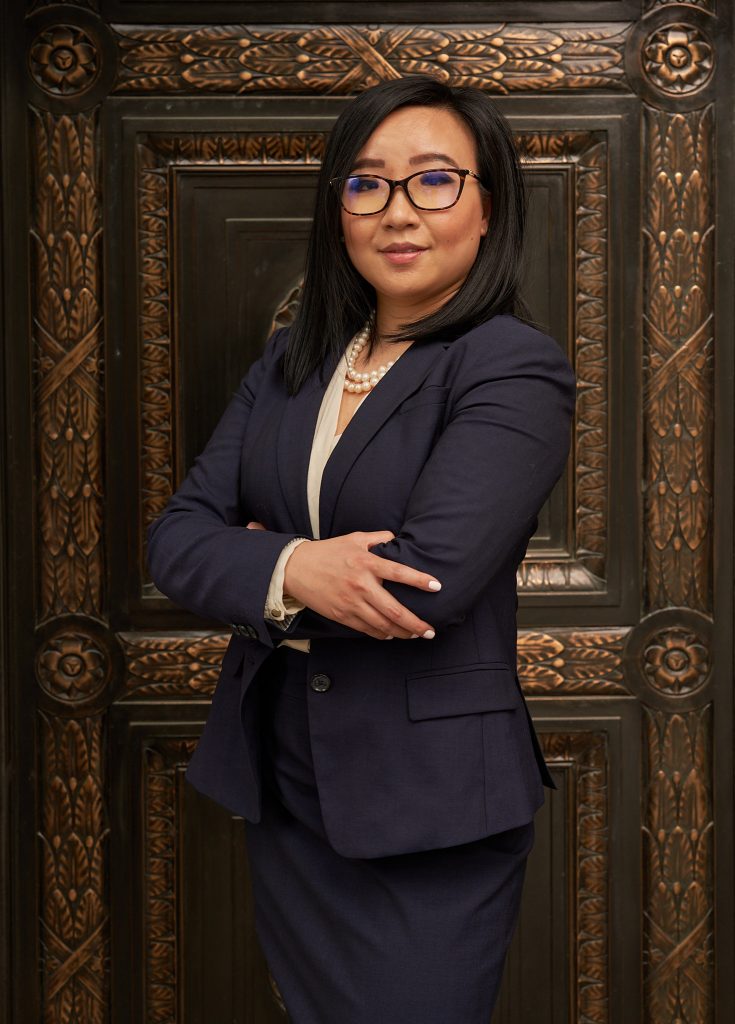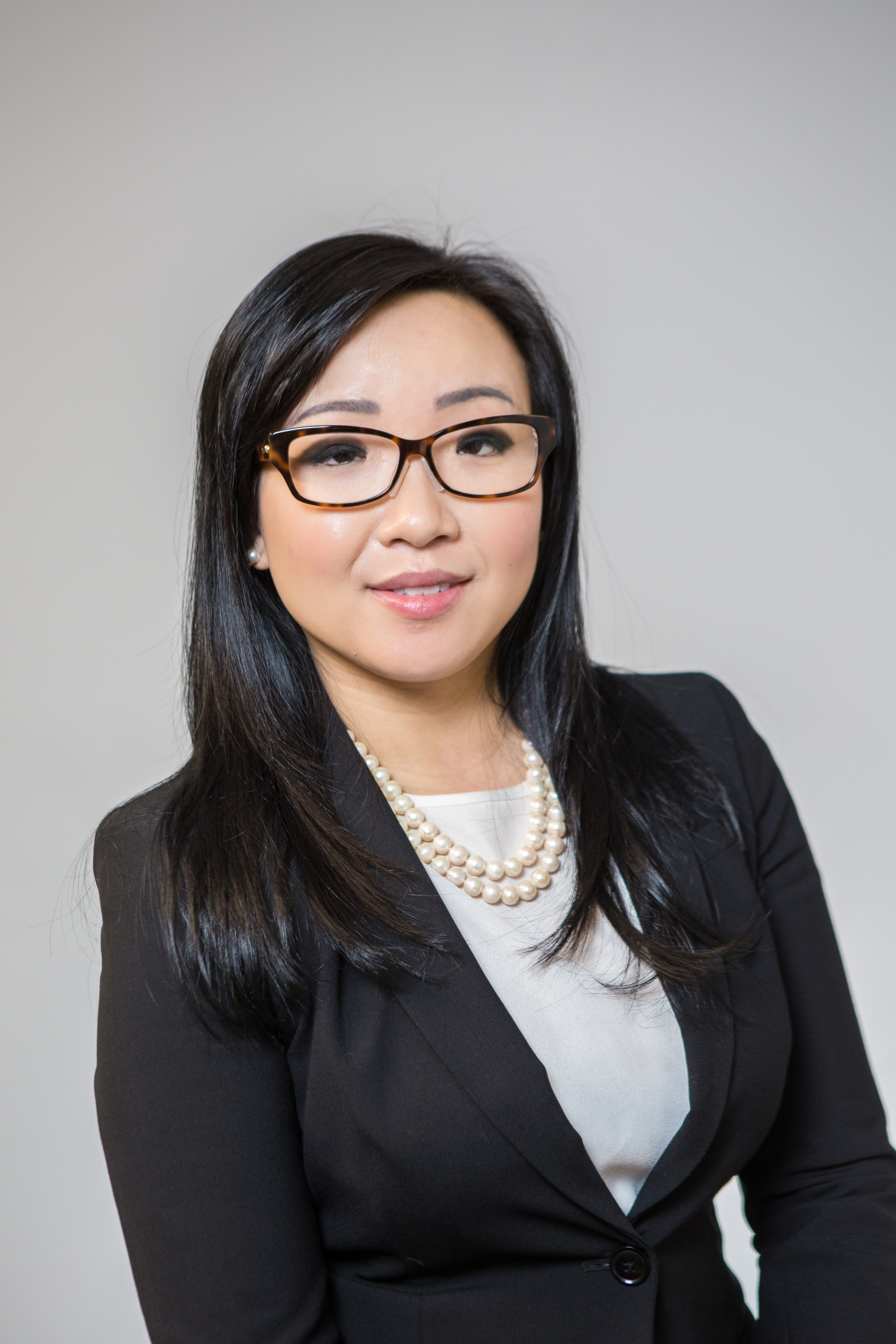On Saturday, January 11th, AABANY members had the opportunity to volunteer at AABANY’s Brooklyn Pro Bono Legal Clinic, hosted by the Chinese-American Planning Council. The Clinic was organized by AABANY’s Pro Bono and Community Service (PBCS) Committee, staffed by a dedicated team of attorney and non-attorney volunteers, offering free thirty-minute legal consultations for community members facing serious legal challenges. This was the first Clinic of the year, and volunteers met with 14 clients, who asked questions about divorce, immigration, and housing.
The Clinic facilitated a supportive and inclusive space for all in attendance. Attorneys were paired one-on-one with clients to carefully address their legal concerns, while interpreters ensured smooth communication for non-English speakers. Shadowers had the opportunity to sit in on attorney-client conversations, taking notes and learning from these real-world interactions. Through this collaborative effort, the Clinic demonstrated its ongoing commitment to fostering community involvement and empowering individuals.
With the current change of presidential administration, many immigrants are uncertain what will come next. As concerned public interest organizations, we want to protect and prepare our vulnerable clients the best we can. We greatly appreciate that immigration attorneys and legal services are taking their time to keep us updated with the law and providing accessible resources for our clients to know their rights. Please check out the Immigration Coalition’s website at https://www.nyic.org/ and Asian American Legal Defense Education Fund’s website at https://www.aaldef.org/ to learn more!
Thank you to our volunteer attorneys at the January 11 Brooklyn Pro Bono Clinic:
| Volunteer Attorneys |
| Beatrice Leong |
| Gary Yeung |
| Kwok Kei Ng |
| May Wong |
| Victoria Cheng |
| Interpreters & Shadowers |
| Junjie Wang |
| Nandar Win Kerr |
| Xiaocen Zhang |
| Shuyao (Sherry) Wang |
If you’re interested in volunteering at future AABANY Pro Bono Clinics, please consider joining us at the following upcoming events:
- February 5, 2024 [register here], from 6:00 – 8:30pm, One Flushing Community Center, 133-29 41st Ave, 2nd Floor, Flushing, NY 11355
- February 19, 2025 [register here], from 6:00 – 8:30pm, AAFE Community Center, 111 Norfolk Street, NY, NY 10002
We hope to see you there and wish you a happy Lunar New Year!
To learn more about the Pro Bono & Community Service Committee, visit probono.aabany.org.


